Research Topic
We focus on the research of the processes involved in the initiation and development of autoimmune, cardiovascular and metabolic diseases. The research group is a continuation of the Laboratory of Human Endocrinology of the Institute of Experimental Endocrinology. In the past, the research has focused mainly on stress research and on altered regulation of the hypothalamic-pituitary-adrenal axis and sympathetic nervous system in patients with autoimmune diseases (e.g. rheumatoid arthritis). Another research areas were blood pressure regulation and glucose metabolism in patients with hypertension and obesity. Currently, our research is focused on the metabolic, neuroendocrine and cardiovascular aspects of multiple sclerosis, obesity and metabolic syndrome. We focus on three main areas, namely:
(1) Pathophysiological mechanisms inducing insulin resistance in patients with newly diagnosed multiple sclerosis. Changes in regulation of carbohydrate metabolism and sympathetic nervous system are studied. In addition, changes in endothelial injury parameters as well as metabolism of brain and muscle tissue are monitored. The possible therapeutic effect of improving the glucose metabolism is currently researched.
(2) Obesity and metabolic syndrome and mechanisms of regulation of body weight and energy expenditure in overweight and obese patients. The effect of intensive diet-induced lifestyle changes and exercise on carbohydrate and lipid metabolism as well as changes in myokines and adipokines levels, hepatic and thyroid parameters are studied.
(3) Changes in humoral communication via cytokines and activation of T lymphocytes and monocytes in patients with autoimmune diseases (rheumatoid arthritis, multiple sclerosis).
Photo Gallery

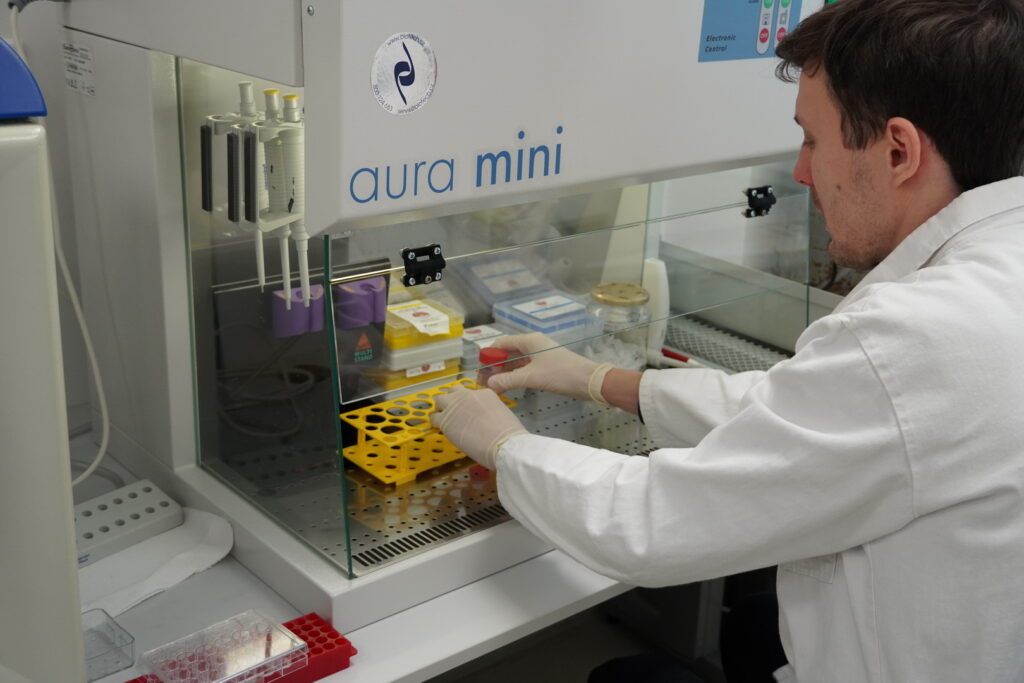

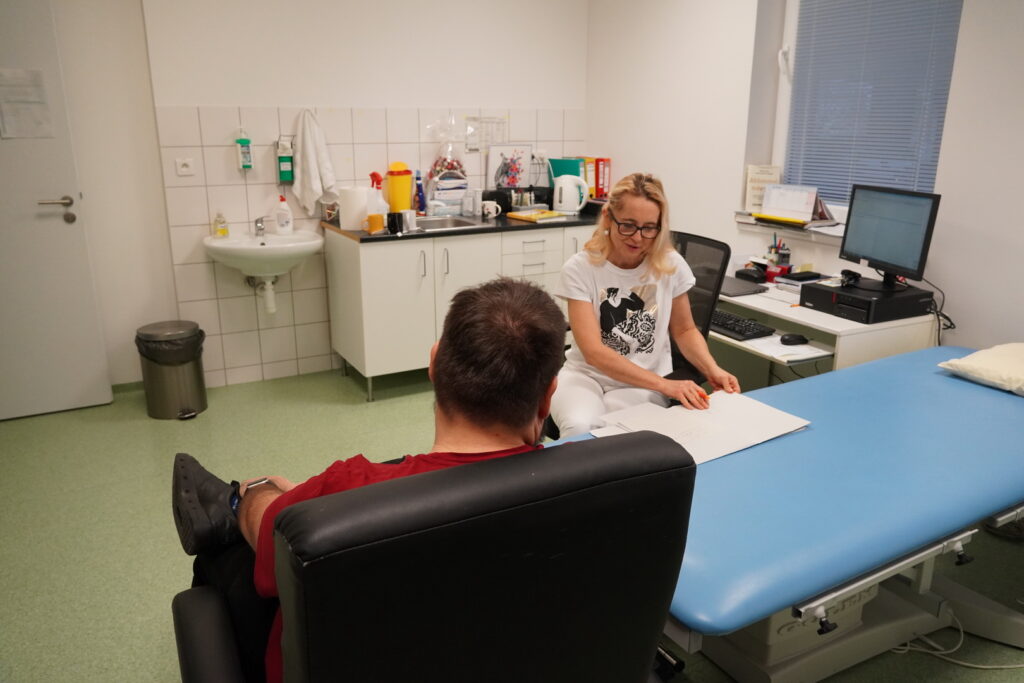
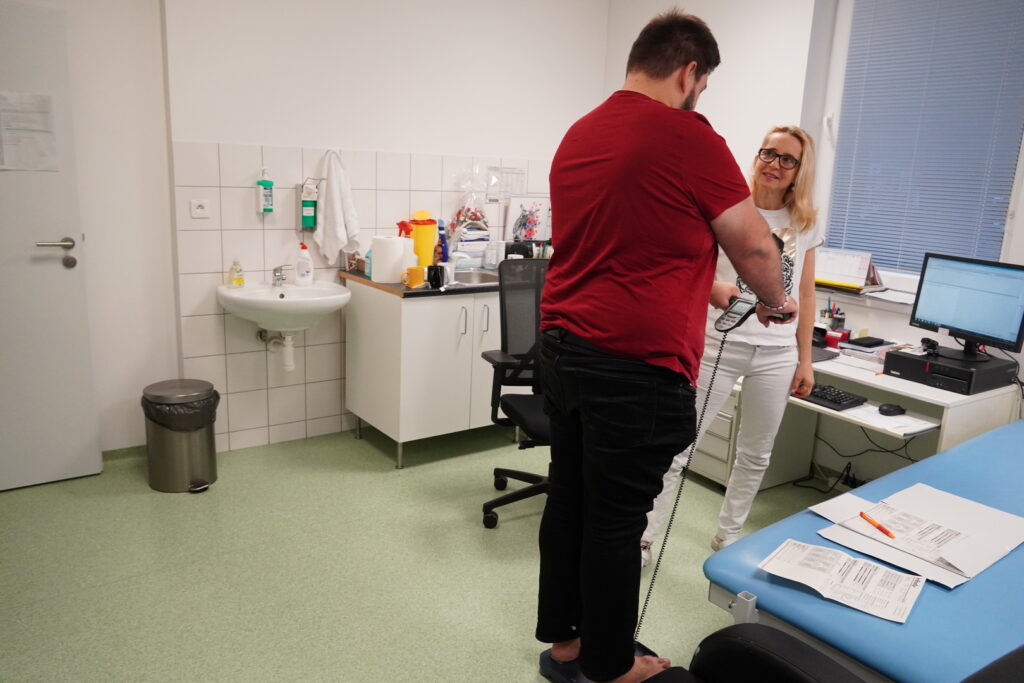
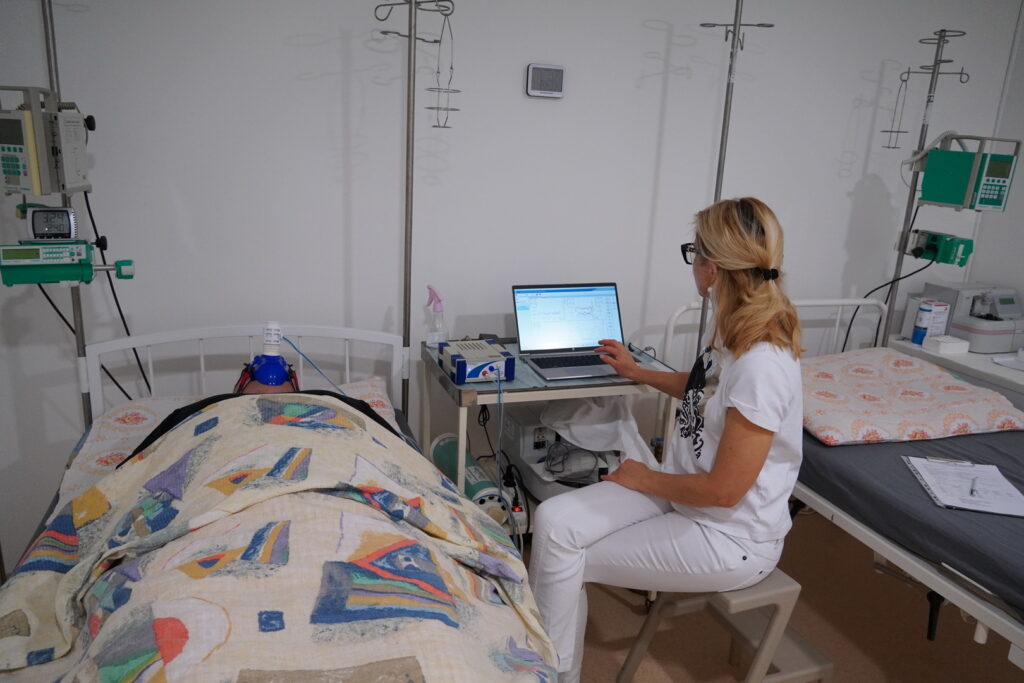
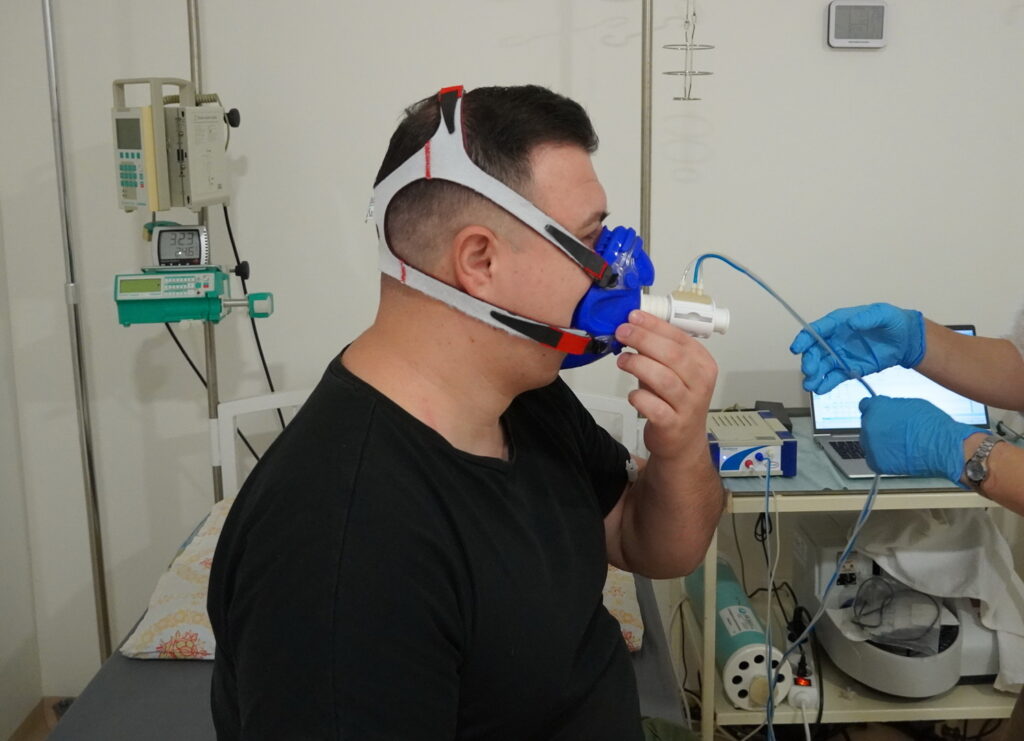
Head of the Research Group

Dr. Richard Imrich is an expert in the interplay between the neuroendocrine and immune systems in the context of autoimmunity. In collaboration with the National Institute of Rheumatic Diseases, his team contributed to the development of a treatment for alkaptonuria. His current research focuses on the potential application of GLP-1 receptor antagonists in treating multiple sclerosis, alongside exploring the therapeutic use of regulatory T cells. Dr. Imrich has authored over 130 publications, which have been cited more than 2,700 times, and holds an h-index of 28 (Scopus).



